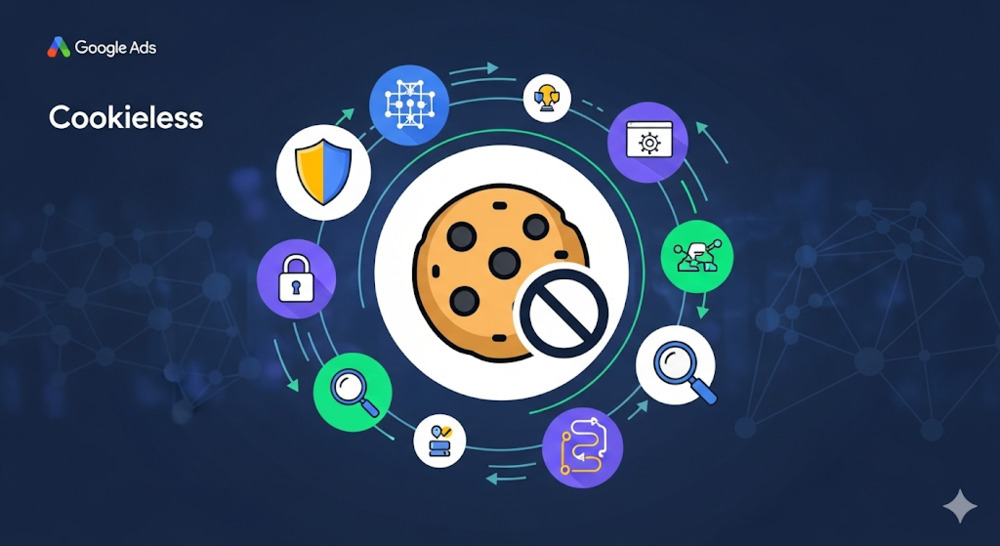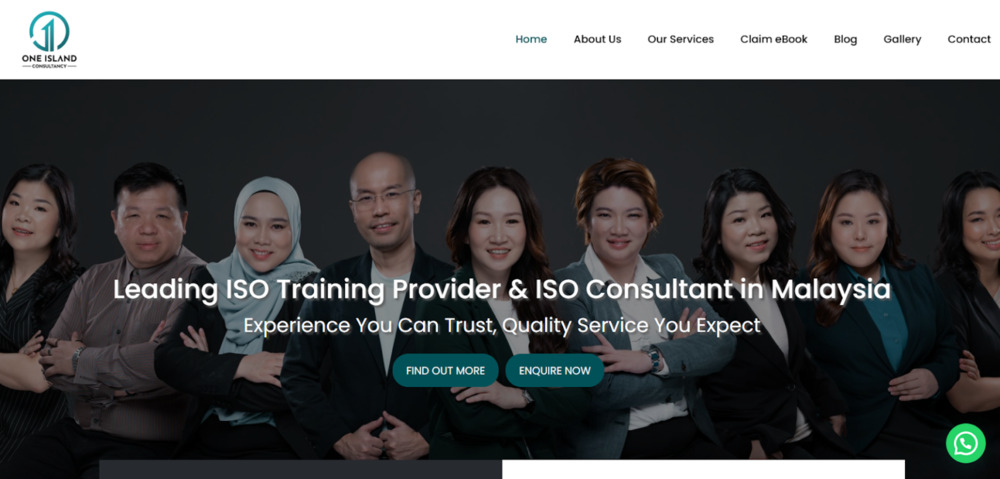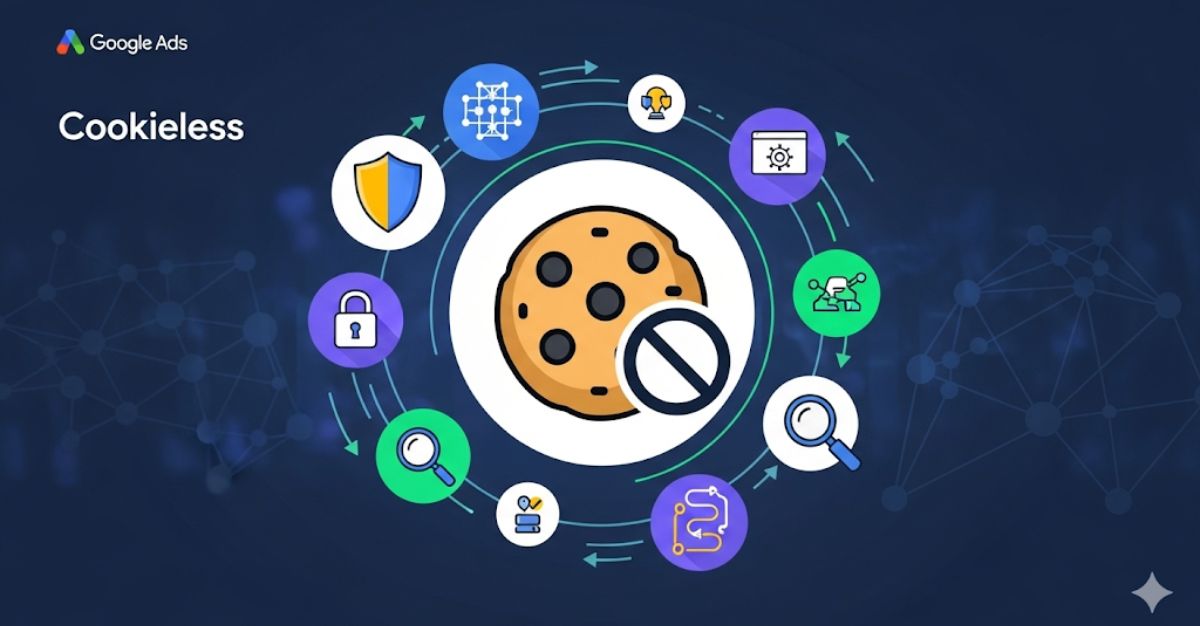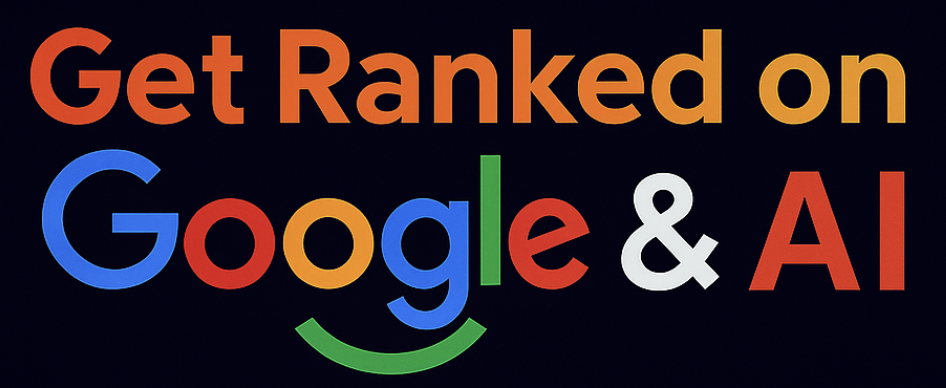The online advertising landscape is undergoing one of its biggest shifts. The cookieless future Malaysia businesses are facing is no longer a distant concern.
As Google confirms the cookie deprecation of third-party cookies in the Chrome browser, and Malaysia tightening its Personal Data Protection Act (PDPA) in 2024, brands must rethink their entire digital playbook.
Digital advertising once thrived on detailed audience profiling and lookalike audiences built with cookies. However, in a cookieless world, advertisers need smarter, privacy-centric methods to reach the right people while respecting user privacy and complying with privacy regulations.
Table of Contents
No More Cookies: What Changes for Advertisers?

Third-party cookies are used to power targeted advertising, frequency capping, and even complex attribution models. Without them, businesses lose a crucial tool for cross-platform tracking and measuring marketing performance.
Instead, we’re moving into an age of privacy-first advertising. Tools like Google Topics API, Protected Audiences API, and Privacy Sandbox APIs aim to replace cookie-dependent targeting with privacy-sensitive advertising tools.
These enable privacy-centric approaches to reach audiences while protecting user privacy. For advertisers, the message is simple. Learn new methods, or risk losing ground in a highly competitive advertising ecosystem.
Curious about maximising ROI in this shifting era? Learn more in our guide to Google Ads Malaysia.
Privacy-First Marketing: How PDPA Compliance Fuels Customer Loyalty and Growth
Malaysia’s updated Personal Data Protection Act reflects global trends in data protection and data privacy policy. It requires businesses to:
- Gain clearer consent for data collection.
- Secure customer information with stronger multi-factor authentication and data security solutions.
- Demonstrate compliance with regulators through transparent practices.
Advertisers must comply with regulations. Failing to do so can result in significant penalties and a damaged reputation.
Aligning campaigns with PDPA ensures that every digital advertising effort respects user privacy while building long-term customer loyalty.
Many Malaysian companies are now turning to full-service partners. See how a digital marketing agency like ours helps businesses stay compliant while driving growth.
How to Keep Google Ads Effective Without Cookies
Adapting to Google Ads cookieless strategies doesn’t mean losing performance. It’s about using new tools and smarter tactics.
Practical Tactics for a Cookieless Future
As third-party cookies disappear, advertisers need to embrace alternative approaches to ensure they can still achieve effective targeting, measurement, and personalisation.
| Strategy | What It Means | Why It Matters |
| First-party data | Collect information directly through sign-ups, loyalty programmes, and surveys. | Builds stronger trust and enables reliable targeting. |
| Conversion API | Connects website and ad platform data directly, bypassing cookie limits. | Improves accuracy in conversion tracking. |
| Server-side tracking | Moves tracking from browsers to servers. | Ensures resilience against cookie blocking while respecting privacy. |
| Contextual targeting | Ads served based on page content, not user history. | Keeps real-time relevance without breaching data protection. |
| Customer data platforms (CDPs) | Centralise customer intelligence and connect with identity solutions. | Helps create connected identity and enrich campaigns. |
| Data clean rooms & data collaboration platforms | Privacy-safe environments for combining first-party data with second-party data. | Unlocks insights while maintaining brand safety. |
| Universal identifiers & hashed email addresses | Enable secure identity matching without cookies. | Keep targeting accurate while meeting privacy-first marketing standards. |
Want to boost your visibility in a cookieless era? Explore how our Content Marketing and SEO Services tie in with smarter Google Ads campaigns.
Also, don’t forget to explore hidden levers such as Google Ad Ranking and smarter Google Ads Targeting to get ahead in a crowded, competitive landscape.
One Island ISO Consulting: Navigating the Cookie-Free Future

One Island ISO Consulting offers compliance and certification support. Like many B2B firms, they relied on cookies for audience profiling and remarketing. But as regulations tightened, they needed a new playbook.
What went wrong?
- Heavy reliance on cookie-based tracking.
- Difficulty measuring marketing performance with outdated attribution models.
- Concerns about data protection and compliance with Malaysia’s PDPA.
How did we fix it?
- Implemented a customer data platform to centralise customer relationship management.
- Deployed Conversion API and server-side tracking for accurate website analytics.
- Shifted budgets to contextual advertising and contextual targeting.
- Adopted Google Analytics 4 to better align reporting with privacy regulations.
The Wins That Followed :
- Improved visibility without relying on cookies.
- Clearer insights into marketing mix modelling and ROI.
- Stronger customer loyalty through transparent data privacy policy.
- Compliance achieved while sustaining growth in a more demanding advertising landscape.
Discover more client results in our portfolio.
The Wrong Way to Handle a Cookieless Future
While cookieless advertising opens new opportunities, there are mistakes businesses should avoid:
- Ignoring privacy regulations like Malaysia’s PDPA.
- Over-reliance on outdated attribution models without adjusting for new signals.
- Using weak identity solutions that compromise user privacy.
- Forgetting about brand safety and real-time relevance.
Avoid these pitfalls by exploring smarter Google Display Ads strategies designed for the new advertising ecosystem.
Privacy Is Here to Stay: Are You Ready?
The cookieless world is the future of privacy-first marketing. Businesses that invest now in privacy-centric approaches, leverage first-party data, and adopt privacy-sensitive advertising tools will secure their place in tomorrow’s advertising ecosystem.
Adapting strategies such as contextual advertising, building lookalike audiences from first-party data, and using connected identity solutions helps brands maintain visibility while staying compliant.
Preparing for this shift is about future-proofing your campaigns. By aligning with privacy-centric approaches, the Protected Audiences API, and privacy sandbox innovations, businesses can thrive in a cookieless world while protecting user privacy.
Ready to strengthen your campaigns in this new era? Contact Us today and let’s design a Google Ads strategy that’s built for a privacy-first future.






